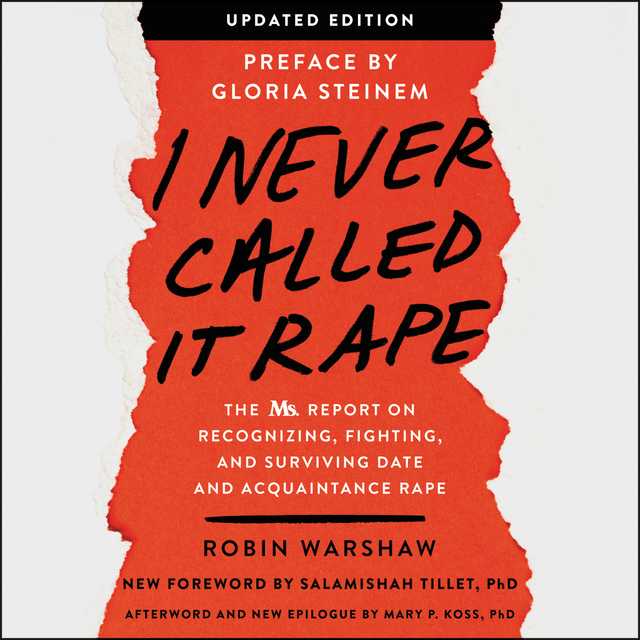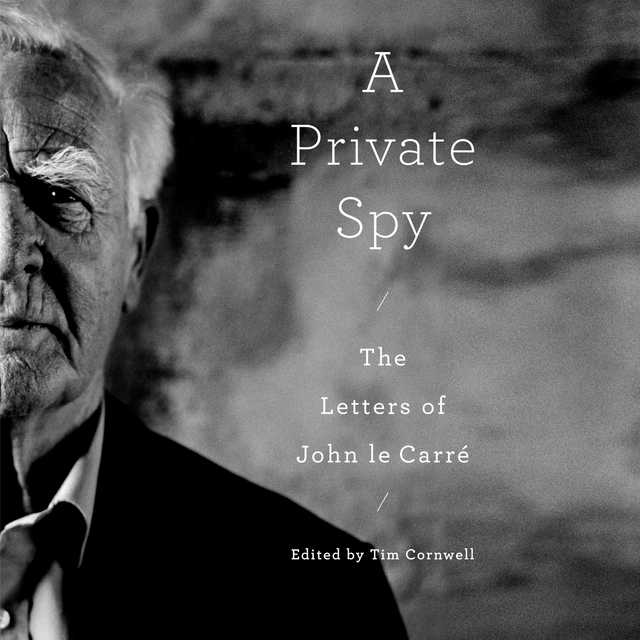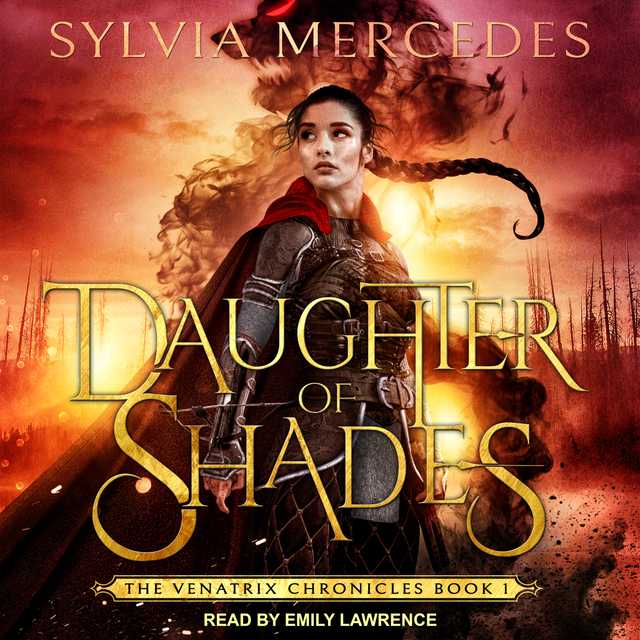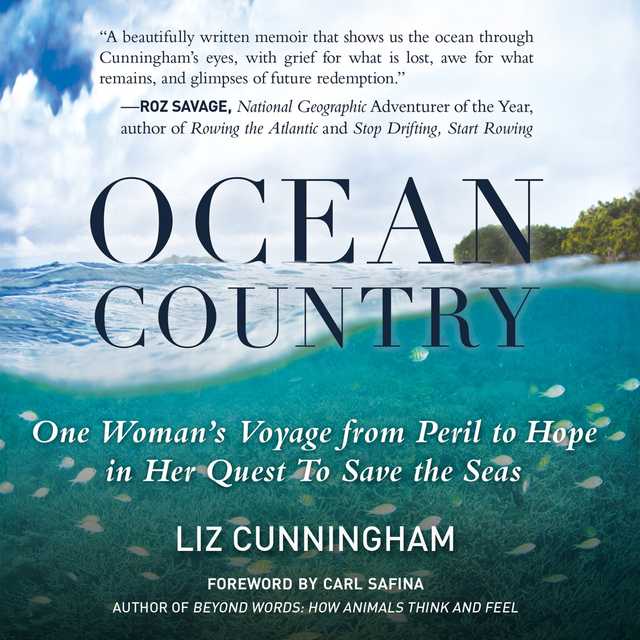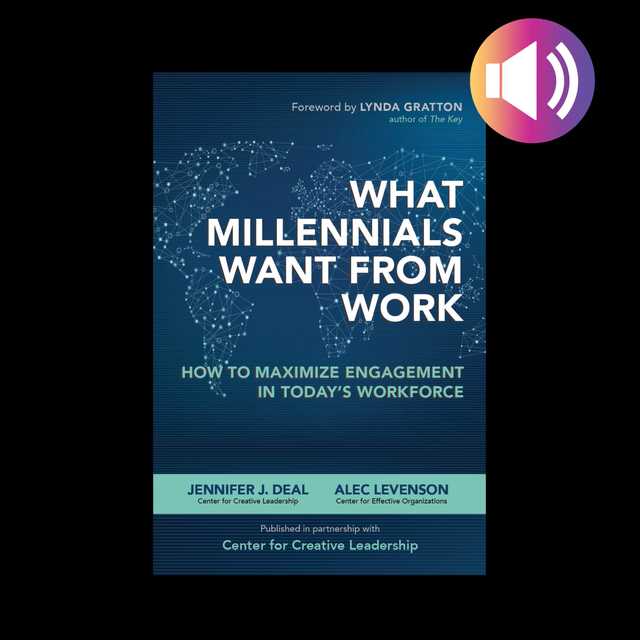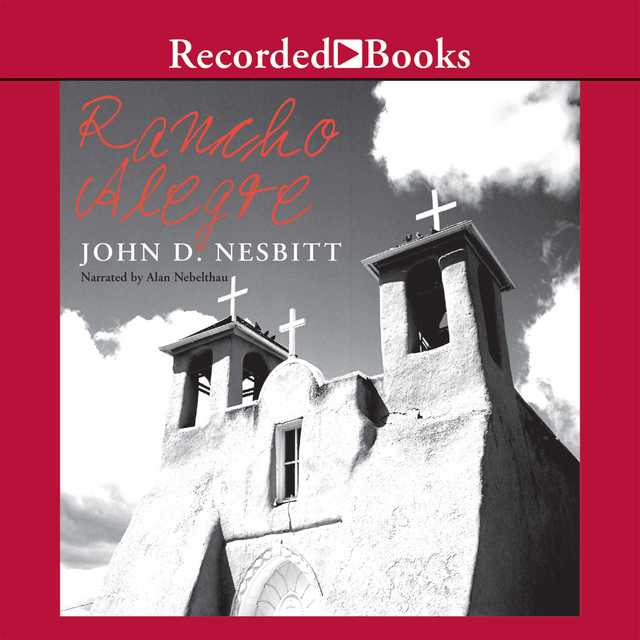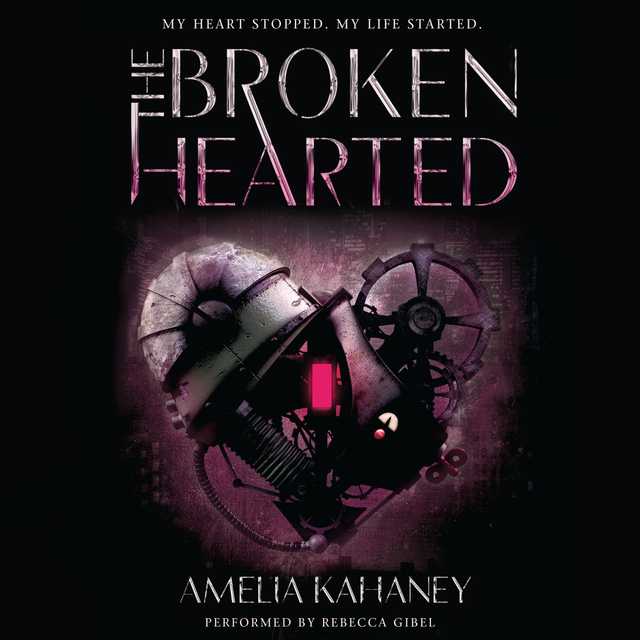I Never Called It Rape – Updated Edition Audiobook Summary
Featuring a new preface by feminist icon Gloria Steinem, and a new foreword by Salamishah Tillet, PhD, Rutgers University Professor of African American Studies and Creative Writing
“Essential. . . . It is nonpolemical, lucid, and speaks eloquently not only to the victims of acquaintance rape but to all those caught in its net.”– Philadelphia Inquirer
With the advent of the #MeToo and Time’s Up movements, and almost daily new reports about rape, both on and off campuses, Robin Warshaw’s I Never Called It Rape is even more relevant today than when it was first published in 1988. The sad truth is that statistics on date rape have not changed in more than thirty years. That our culture enables rape is not just shown by the numbers: the outbreak of complaints against alleged rapists from Bill Cosby and Harvey Weinstein to Matt Lauer and President Donald Trump has further amplified this horrifying reality.
With more than 80,000 copies sold to date, I Never Called It Rape serves as a guide to understanding rape as a cultural phenomenon–providing women and men with strategies to address our rape endemic. It gives survivors the context and resources to help them heal from their experiences, and pulls the wool from all our eyes regarding the pervasiveness of rape and sexual assault in our society.
Supplemental enhancement PDF accompanies the audiobook.
Other Top Audiobooks
I Never Called It Rape – Updated Edition Audiobook Narrator
Eileen Stevens is the narrator of I Never Called It Rape – Updated Edition audiobook that was written by Robin Warshaw
Robin Warshaw writes on social issues, medicine and health. In writing I Never Called It Rape, she used pseudonyms for the many women who shared their stories but wrote openly about her own acquaintance rape for the first time. She has never regretted that decision and is grateful to the women (and some men) who have reached out over the years to tell her how the book helped them. Warshaw is a contributing writer for Living Beyond Breast Cancer and writes for other nonprofits and publications. She is a member of the Authors Guild, American Society of Journalists and Authors, and the Association of Health Care Journalists. Her work has received several national awards.
About the Author(s) of I Never Called It Rape – Updated Edition
Robin Warshaw is the author of I Never Called It Rape – Updated Edition
More From the Same
- Publisher : HarperAudio
- Abraham
- American Gods [TV Tie-In]
- Dead Ringer
- House of Sand and Fog
- Prey
I Never Called It Rape – Updated Edition Full Details
| Narrator | Eileen Stevens |
| Length | 9 hours 52 minutes |
| Author | Robin Warshaw |
| Category | |
| Publisher | HarperAudio |
| Release date | February 26, 2019 |
| ISBN | 9780062892171 |
Subjects
The publisher of the I Never Called It Rape – Updated Edition is HarperAudio. includes the following subjects: The BISAC Subject Code is Sexual Abuse & Harassment, Social Science
Additional info
The publisher of the I Never Called It Rape – Updated Edition is HarperAudio. The imprint is HarperAudio. It is supplied by HarperAudio. The ISBN-13 is 9780062892171.
Global Availability
This book is only available in the United States.
Goodreads Reviews
Shanice
November 28, 2014
'I Never Called It Rape' by Robin Warshaw was a seminal book of it's time, and for that it must be given credit. 'I Never Called It Rape' contributed to a process of changing the very cultural lens through which the most common form of rape - that between people who are known to each other - is viewed.Seen as either 'honest mistakes', 'seduction', 'provocation' or 'miscommunications', acquaintance rape has historically - and remains - a 'less serious' form of abuse than stranger rape. This, despite the fact that acquaintance rape survivors, as Warshaw points out, experience just as much post-rape trauma and anxiety as stranger rape survivors. In fact, due to the disbelief and doubt, the social denigration and belittling of acquaintance rape and the confusion caused by someone you trust abusing you, survivors of acquaintance rape often experience longer and more intense bouts of trauma according to Warshaw. In society stranger rape survivors are most often accepted as legitimate victims and often start the process of recovery sooner than acquaintance rape survivors.There is a bitty irony and gross perversity, then, in the disbelief of acquaintance survivors under the guise that it's 'less serious'. This trope actually causes acquaintance survivors to suffer, on average, longer term trauma than victims of 'traditional', violent stranger rapes.That said, the book read by a committed feminist today reads like feminist 'common sense'. And actually in some places it reads in quite a reactionary fashion; perhaps another mark of its age.For example, there's an entire chapter dedicated to advising women on what behaviours they should adopt or do less of in order to minimize the chances of being raped. Now, on the one hand this seems to make sense. Around 40% of acquaintance rape survivors were intoxicated when they were raped - according to the book. Surely it makes sense to tell women to drink less, then?In fact this misses several important things.But what actually bypasses Warshaw is that there is reactionary ideological import to the kind of narrative that advises women to alter their behaviour. It completely skirts the question looking at the social conditions under which rapists themselves are created and reproduced.We recognise this narrative everywhere we look in neo-liberal, austerity Britain. If you just work harder, you'll be able to overcome poverty. If you just ignore it, racism will disappear. If you just drink less, you won't be raped. All of these ideas are part of what I've called elsewhere the "ideological emporium" that gets us individualising our oppression, rather than understanding it's context and challenging the hegemony that apologizes for and reproduces rape.This omission shows in Warshaw book. More concerned about advising women what they can do the reduce the risk of rape, she ignores the plethora of ways a violent, greedy capitalist society itself creates the conditions for depressingly high levels of rape in all countries. Hence the book totally fails to even begin to address longer term solutions that seriously challenge the roots of rape. While I don't pretend to have high-knowledge of what those roots are and how we challenge them, Warshaw ends up relying on piecemeal strategies of education and 'teaching people not to rape'. While education is important, it doesn't offer a strategy for destroying or even challenging the social relations that reproduce misogynistic violence.Resisting this narrative is deeply important, especially in a context where immigrants, black people and the working class as a whole is being blamed for it's own oppression. Resisting this narrative allows us to centre our anger on the structures of power and social relations under capitalism that make rape a continual part of the drudgery of our lives.
erin
May 27, 2012
Robin Warshaw clearly outlines date/acquaintance rape in this book, funded by the Center for Antisocial and Violent Behavior of the National Institute of Mental Health and executed under the banner of Ms. Magazine. While a bit dated (published first in 1988), this book captures the emergence of date/acquaintance rape as well as what that has meant to U.S. American society at large.Part scientific study, journalistic expose, and self-help book, I Never Called It Rape has much to offer. It brings impressive statistics and thorough research to the table to help solidify the existence of date/acquaintance rape, and the writing style is nonacademic, so it is very accessible. Additionally, Mary P. Koss' work, heading the study that would birth this book, is groundbreaking and sound.Be warned, this book relies heavily on relaying personal stories of date/acquaintance rape, and as such it can be very difficult to read. However, a book on a subject so grave doesn't need to be enjoyable.I found this book to be a little repetitive (although I am certain this was a tool [often used in certain kinds of philosophical arguments] purposely employed to impress ideas on the reader). Equally, some of the personal stories might work to discredit some experiences of rape/sexual coercion that were not so extreme or that were more "fuzzy." Also, regardless of Warshaw's disclaimers that date/acquaintance rape happens throughout diverse communities, she tended to focus on date/acquaintance rape & the college experience. Warshaw does write that her focus reflected data found on where date/acquaintance rapes are most likely to occur, and she writes about non-college-aged women who have survived rape, but ultimately this focus made the book feel a little one-sided to me.Even so, I would highly recommend this book to anyone interested in rape, sexual politics, sociology, psychology, gender studies, or, really, anyone who is interested in having a fuller understanding of what it is to be human.
Gina
August 06, 2018
24 years later, it's disappointing how timely this feels.And I do wonder if the survey were taken again if we would find that some of the numbers have improved, but there is still too much evidence that too many men do not see that women should be able to control access to their bodies. The material is handled very well, and the suggestions are pretty practical. I can imagine some criticism of the emphasis on self-defense, but even with that the book does talk about teaching men not to rape, and the merit of that has been pretty well-established by now.
Marina
March 26, 2016
Quick, easy read, but very heavy. I appreciate how many stories this book had, making the content very accessible and understandable. You can read rape theory all you want, but it doesn't click until you can imagine the details of the situation unfolding and realize situations in your circles where this might have/is happening. The one thing is that they present their statistics as hardcore fact, which is a little difficult to swallow. I know it's not meant to be a totally scientific statsy book, but I think you always need to be careful about stats. Additionally, be a little more careful about dismissing all rapes other than male-on-female rapes as a infinitesimally small likelihood and not worth talking about, because that's a sweeping, dumb assumption and if you're going to use the she/her/hers series throughout the book, you've gotta do a better job defending your reasoning.
Chaffee
January 31, 2011
Profound and essential.
Caroline
November 18, 2020
My 14-year-old daughter recommended this book to me and I recommend it to every parent and teen out there. Growing up in the 80s and 90s the stories were more than a little familiar and while I'd like to think our society has changed, it hasn't changed enough. Rape culture is still alive and well and we need to continue to raise awareness, especially among young people, that it needs to stop.
Pam
October 10, 2022
This one should really be rewritten to include more recent data. I'm sure very little will have changed, but it would strengthen the argument that this remains a prevalent issue today.As a survivor, this was an emotionally challenging read, but I'm glad I read it. My teenage son will be reading with his dad next. "It is men who rape and men who collectively have the power to end rape."
Laurice
June 27, 2015
When I was raped in February of 2006 I felt dirty and guilty. I was certain that I had been asking for what I'd gotten and wasn't able to call the event a rape until many months later. This book helped me cope with the aftermath of an acquaintance rape and helped me forgive myself for something that hadn't been my fault.
Melanie
February 01, 2008
I had to read this book for a job interview, but it has now gotten me into a women's studies craze. It seriously changed my perspective on gender roles and courtship rituals. It is a little outdated at some points, but still worth a read.
Andrea
June 22, 2007
although this book is a little outdated--i love her project--it's very near and dear to my heart and projects
Giorgia
January 25, 2012
Amazing, a must read for everyone! Okay, the data is a little out of date, but the message is still loud and clear.
Cara
March 05, 2021
As a WGSS graduate and someone who generally keeps up with feminist writing/thinking, I wouldn't exactly say that I learned a ton from INCIR, so much as it condensed down a lot of information about rape and sexual assault and provided an interesting look at where we were in our understanding of this violence 25 years ago. The critiques that its tone is outdated, its assumption that only women are victims and men are perpetrators is patently false, and its approach to "rape prevention" leans too heavily on victims – it's all valid. So, approach it as a historical text, not an instructional guide. And, you know, steel yourself for the "twist" ending – that things have gotten no better since 1985.
casey cays
August 31, 2019
The only reason I didn’t give this book 5 stars is because in the beginning it states that rape is unavoidable in this day and age but in the ending chapters talks about how to “avoid” rape. I find that an extremely dangerous mindset. I also had issues with the section that educated men on what they could do to prevent rape. Those things aside I loved the balance between factual information and stories from survivors. I am a sex abuse survivor and this book inspired me to get help. I think this is a hugely important book for everyone to read.
Frequently asked questions
Listening to audiobooks not only easy, it is also very convenient. You can listen to audiobooks on almost every device. From your laptop to your smart phone or even a smart speaker like Apple HomePod or even Alexa. Here’s how you can get started listening to audiobooks.
- 1. Download your favorite audiobook app such as Speechify.
- 2. Sign up for an account.
- 3. Browse the library for the best audiobooks and select the first one for free
- 4. Download the audiobook file to your device
- 5. Open the Speechify audiobook app and select the audiobook you want to listen to.
- 6. Adjust the playback speed and other settings to your preference.
- 7. Press play and enjoy!
While you can listen to the bestsellers on almost any device, and preferences may vary, generally smart phones are offer the most convenience factor. You could be working out, grocery shopping, or even watching your dog in the dog park on a Saturday morning.
However, most audiobook apps work across multiple devices so you can pick up that riveting new Stephen King book you started at the dog park, back on your laptop when you get back home.
Speechify is one of the best apps for audiobooks. The pricing structure is the most competitive in the market and the app is easy to use. It features the best sellers and award winning authors. Listen to your favorite books or discover new ones and listen to real voice actors read to you. Getting started is easy, the first book is free.
Research showcasing the brain health benefits of reading on a regular basis is wide-ranging and undeniable. However, research comparing the benefits of reading vs listening is much more sparse. According to professor of psychology and author Dr. Kristen Willeumier, though, there is good reason to believe that the reading experience provided by audiobooks offers many of the same brain benefits as reading a physical book.
Audiobooks are recordings of books that are read aloud by a professional voice actor. The recordings are typically available for purchase and download in digital formats such as MP3, WMA, or AAC. They can also be streamed from online services like Speechify, Audible, AppleBooks, or Spotify.
You simply download the app onto your smart phone, create your account, and in Speechify, you can choose your first book, from our vast library of best-sellers and classics, to read for free.
Audiobooks, like real books can add up over time. Here’s where you can listen to audiobooks for free. Speechify let’s you read your first best seller for free. Apart from that, we have a vast selection of free audiobooks that you can enjoy. Get the same rich experience no matter if the book was free or not.
It depends. Yes, there are free audiobooks and paid audiobooks. Speechify offers a blend of both!
It varies. The easiest way depends on a few things. The app and service you use, which device, and platform. Speechify is the easiest way to listen to audiobooks. Downloading the app is quick. It is not a large app and does not eat up space on your iPhone or Android device.
Listening to audiobooks on your smart phone, with Speechify, is the easiest way to listen to audiobooks.

